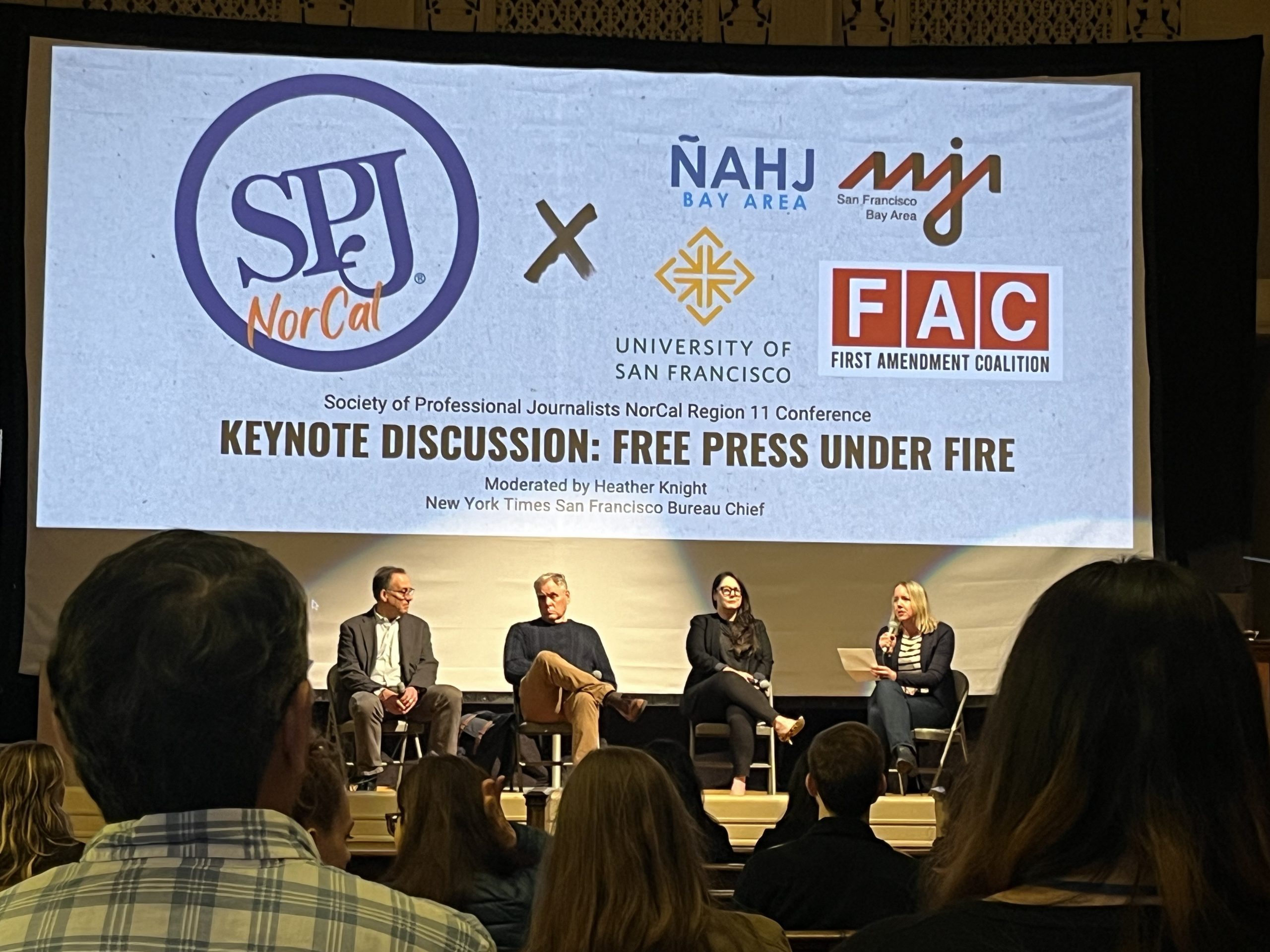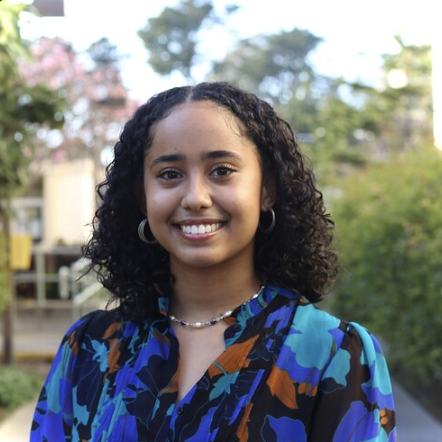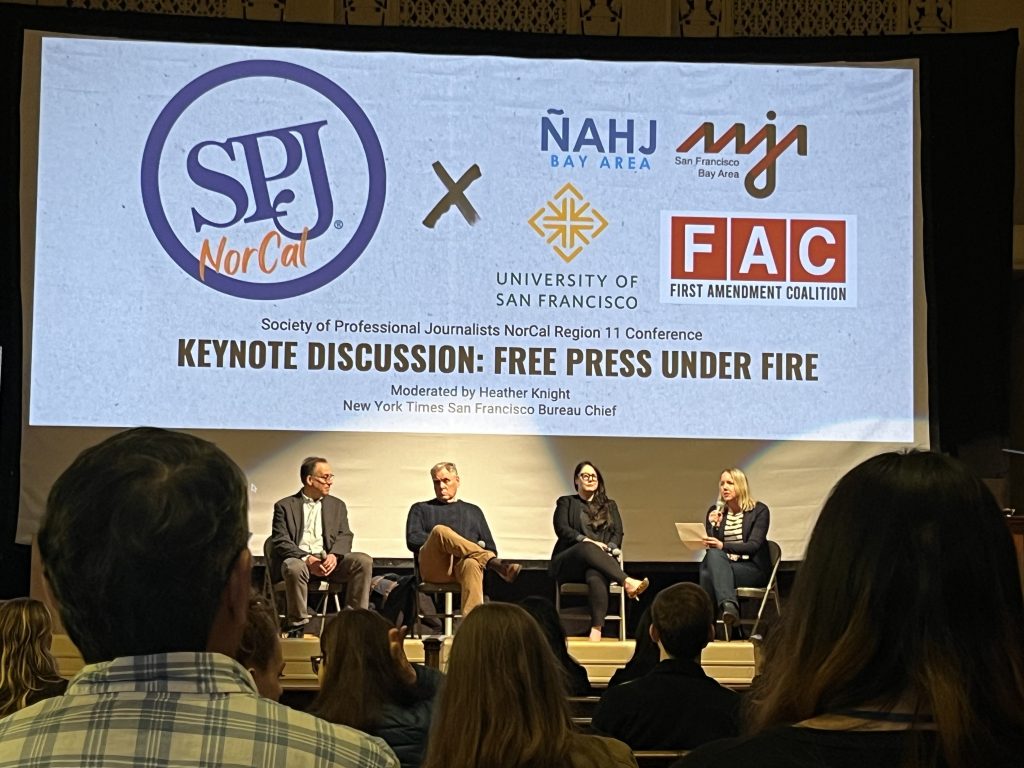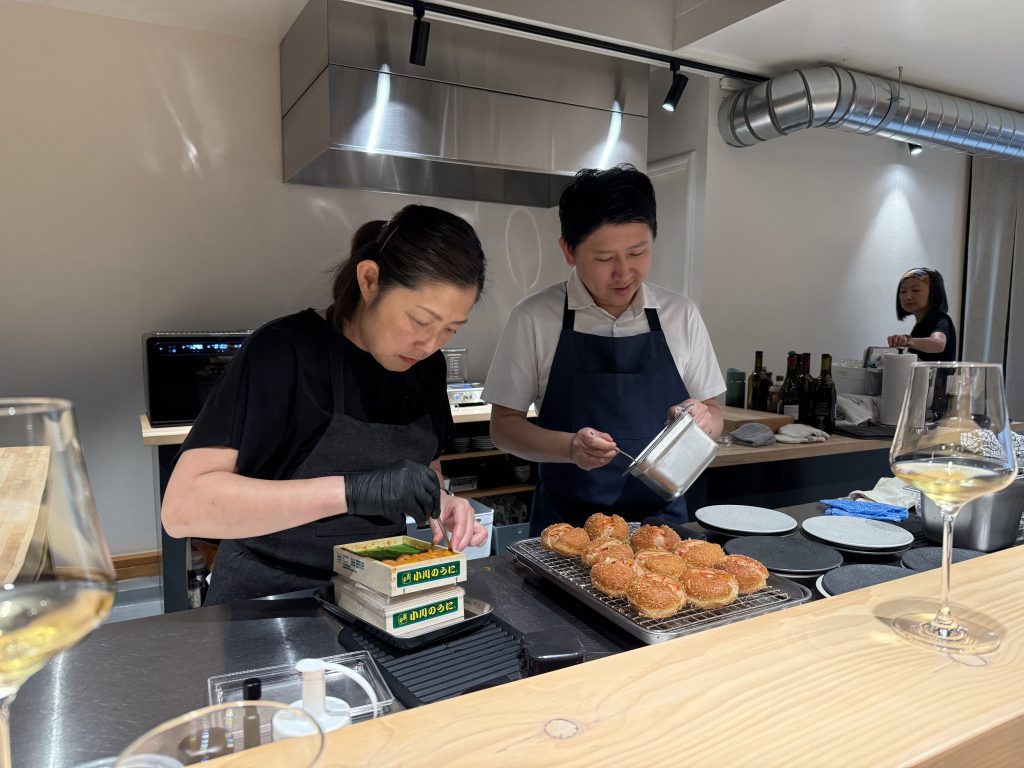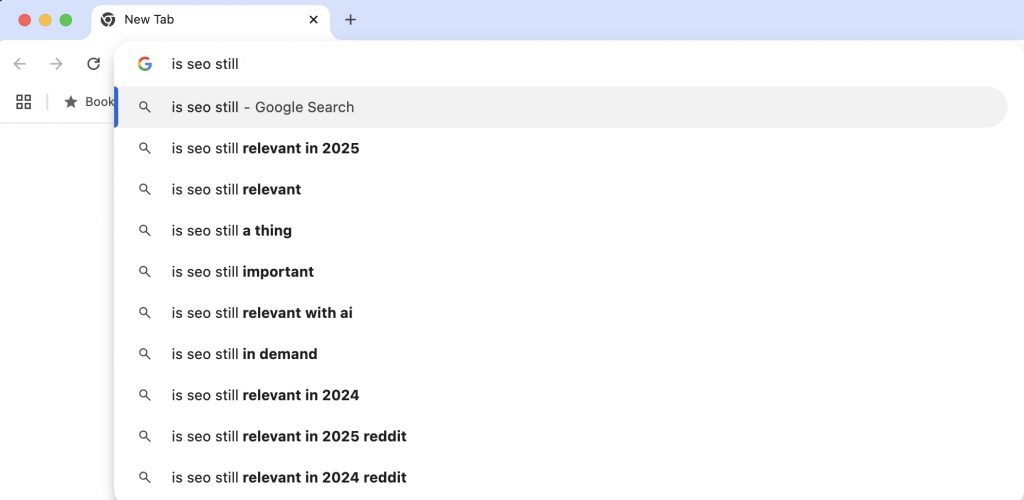Journalists and PR professionals share the common mission of informing the public in an ethical and responsible way while telling an impactful story. That is why I was so excited to attend the Society of Professional Journalists (SPJ) Region 11 Conference last month and learn directly from journalists. This year’s theme was “Reporting in Hostile Times,” and the panelists did a great job of shedding light on what is at the forefront of journalists’ minds during these uncertain times. Keep reading for some of the key takeaways I gathered from the workshops.
Understanding the Value of AI Ethics
During the “AI Ethics and Literacy for Journalists” workshop, researcher Andy Lee Roth from the Reynolds Journalism Institute’s Algorithmic Literacy for Journalists project had a clear message: all journalists need a foundational understanding of how algorithms work and how they influence the stories we see across media outlets.
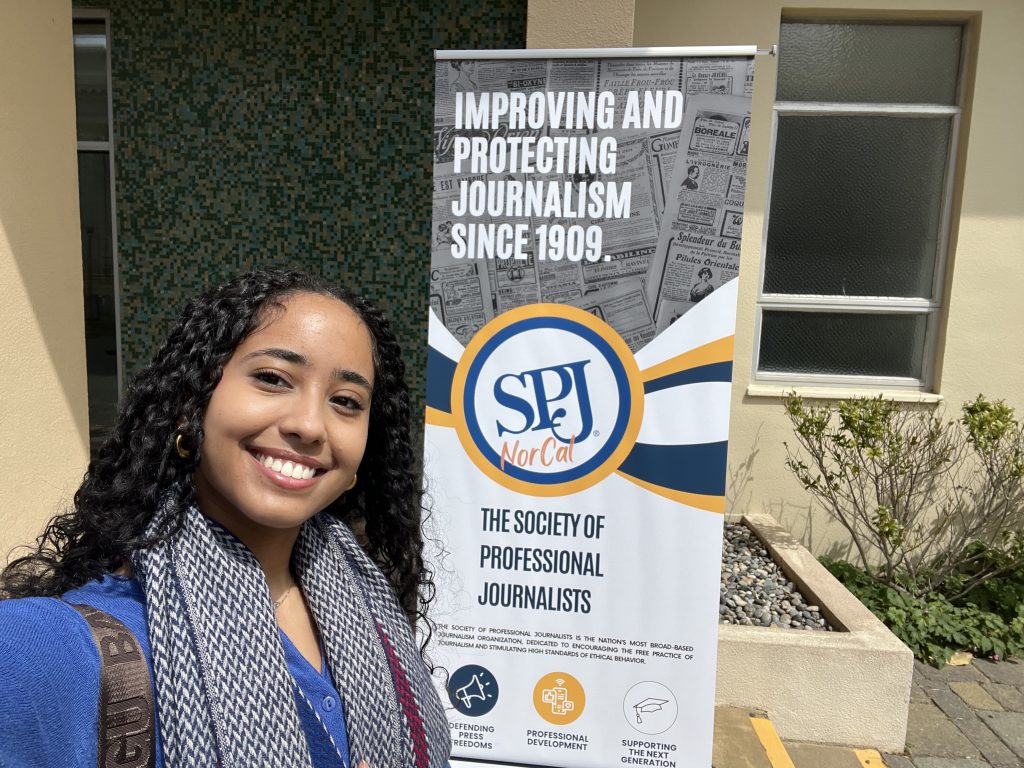
One of the topics we covered was “algorithmic gatekeeping,” including social media shadowbanning, content suppression through ad blocklists and even biased aggregation on platforms like Google News. In his explanation, Roth shared an alarming example of a biased algorithm, in which Google’s algorithm surfaced stories about LGBTQ+ topics that were overtly homophobic or transphobic.
He also emphasized the need for PR professionals and journalists to scrutinize labor and environmental costs of AI development, increase public trust of media by being transparent about the benefits and dangers of emerging technology and shift AI/tech news away from the “horse race” between tech giants to real world AI applications and concerns that influence public opinion.
Serving Audiences Needs
In her workshop “How to Learn More About Your Audiences’ Needs and Curiosities,” KQED’s Carly Severn offered a deep dive into explanatory journalism, a storytelling approach focused on guiding audiences through complex issues with clarity and real-world relevance.
From car break-ins to elections, Severn emphasized the importance of meeting people where they are. She encouraged monitoring search trends, conducting social listening and using audience submissions to shape editorial decisions. Her approach to building “utility companion” pieces, which are follow-ups to breaking news that explain what people should do or understand in response, was exceptionally powerful.
Public relations specialists can learn from this by remembering to look past client messaging and start by understanding what interests their audience. Developing media strategies that reflect actual concerns and curiosities can help shape media releases that resonate, ultimately leading to more impactful earned media coverage.
Strengthening the Media Community
The keynote panel, “Free Press Under Fire,” looked at the threats facing journalism today from legal and political pressures to the hollowing out of local newsrooms. The panelists opened up about their experiences and observations around the ongoing efforts to restrict access to public information, as well as the political hostility they have faced as journalists.
Panelist Thomas Peele, a Pulitzer Prize-winning investigative journalist, shared a quote that stuck out to me: “The best way to protect a free press is to act like one.” He encouraged continued fact-checking, public accountability and maintaining editorial independence even under pressure.
One way that journalists seem to be dealing with the pressure is by turning inwards to their professional community. The panelists at the “Thriving as a Freelance Journalist” workshop spoke about the power of persistence, quality and community in sustaining journalism from the ground up.
Attending the conference reminded me that, as PR professionals, we are not just pitching stories. We are part of a broader media community that requires respect, collaboration and mutual understanding.
